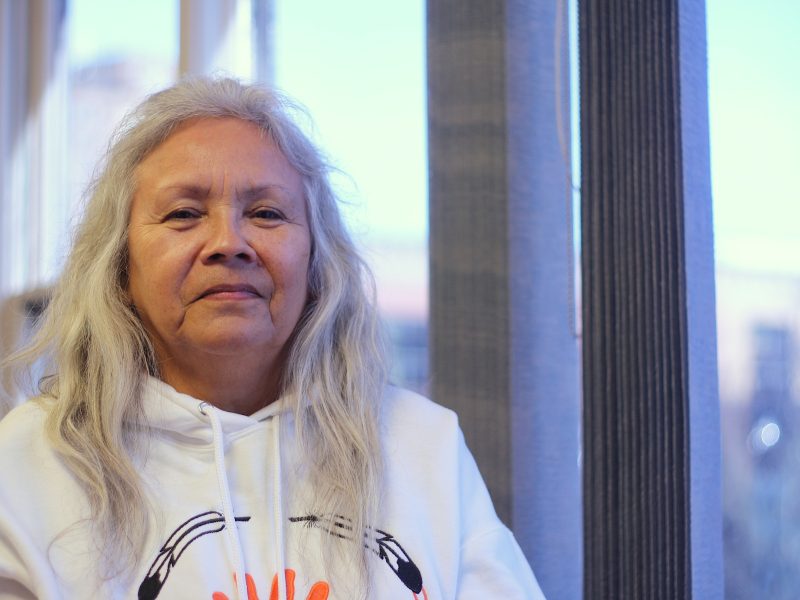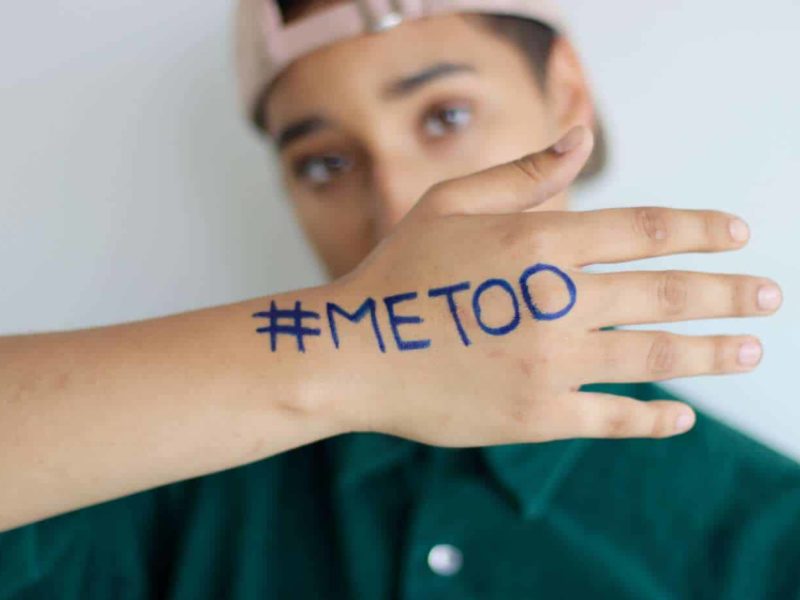
For the last few months, I’ve been investigating the impacts of policies and practices that silence sexual assault survivors across Canada’s campuses. And last week, I published a story that unpacked how student activists at a Manitoba university brought one of those policies down.
I spoke with survivor and activist Lisa Mizan, who was silenced by a behavioural contract — referred to by some students and legal experts as a “gag order” — during her first semester at Brandon University. The impacts of being silenced were incredibly damaging, she told me.
She says she was moved from her residence room but couldn’t tell her friends why. She started drinking more to calm her thoughts. She began self-harming. The residence supervisors were concerned, she says, but would do little except call the police whenever she said she felt unsafe.
Being silenced, Mizan says, was even more traumatic for her than the assault itself. “It wasn’t what happened. That happened, and I think I would have gotten better,” she says. “It’s just the way that I was handled, just the way that I was silenced.”
But her story doesn’t end there. After suffering alone and in silence for more than a year, she finally decided to speak out, despite the threat of expulsion.
I also spoke with Stefon Irvine, a Métis nursing student and leader of the school’s LGBTTQ* collective, who supported Mizan in speaking out. He posted the behavioural contract on social media. The media quickly turned its spotlight on the university. Within 48 hours, the administration rescinded its contract.
I asked Irvine what he learned from this activism, and what tips he’d give to other students fighting for survivors’ rights on their own campuses. Here are some of his top tips (to read all his tips, check out the full story):
- Know your power as a student. “We, as students, we’re the consumer,” he says. “We have a lot more power than we perceive within the institutions we attend. So just knowing that in itself gives you a lot more power to stand up against institutions that are huge and bureaucratic.”
- Media can be a powerful tool, especially if the university seems unwilling to address your demands. “Write up a press release, connect with local media, send it out to national media and wait until the public gaze is on the university. You’ll be surprised at how quickly they want to band together with you to go through that list of demands and maybe more productively work through a solution.”
- Be proactive. “You don’t have to wait until somebody’s been gagged by an order. You can proactively get on top of it by looking at the other universities that have standalone sexual violence policies. Try to draft your own and submit it to the board of governors.”
Have you been silenced as a survivor at school? Did you report to your university, only to be discouraged from sharing your story and speaking out? A few weeks ago, I created a survey and it would mean a lot to me if you’d take a few minutes to fill it out. I’ll be using the testimonies to document the impact of silencing survivors on Canada’s post-secondary campuses.
If you’d like to share your experience with me, please fill out the short survey (you can share as much or as little about your identity as you like). And if you’re connected to campus life in any way, please share it with folks in your networks.[end]



